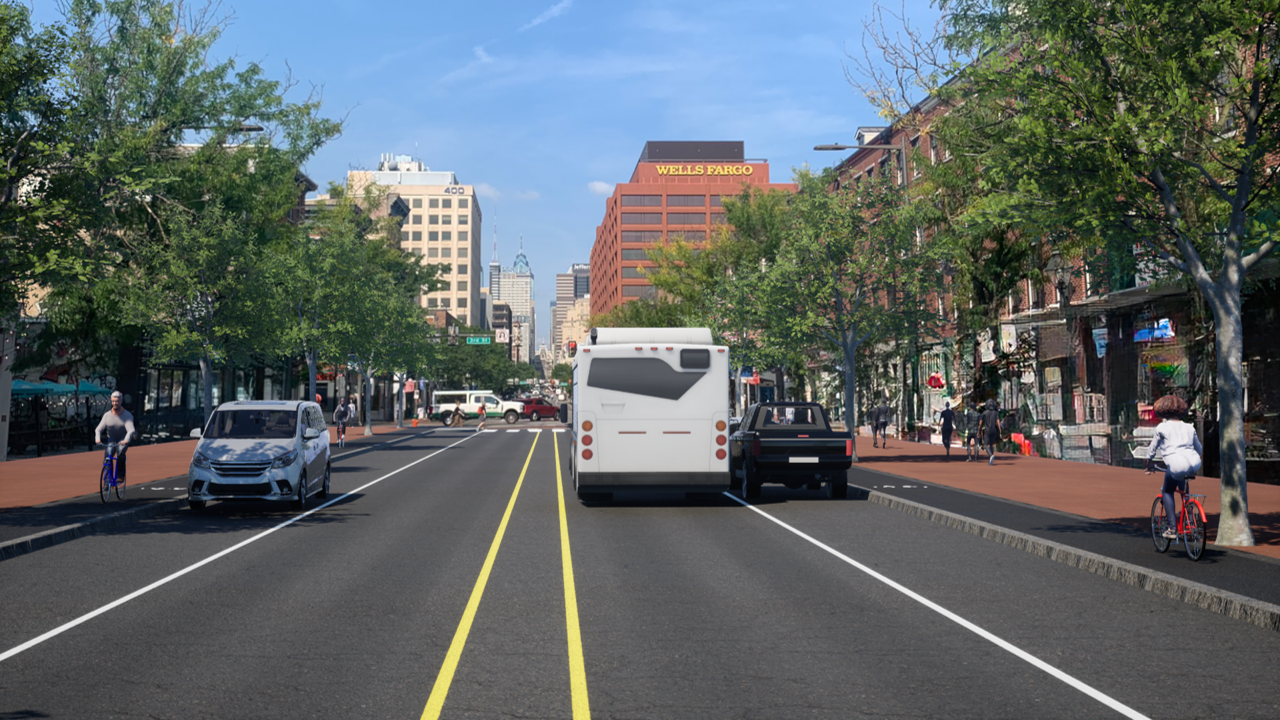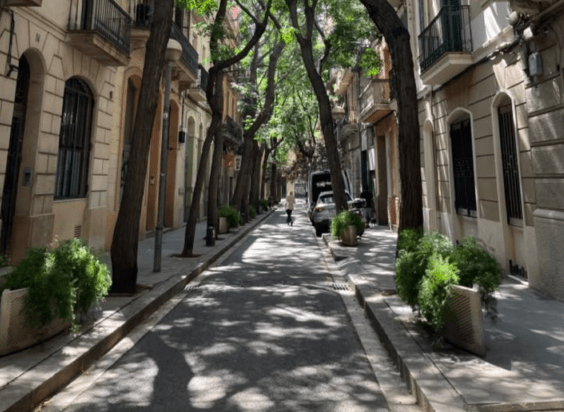I recently came across the quote, "Legacy is planting seeds in a garden you'll never see.” The quote is from the musical "Hamilton." When I came across this quote, I instantly thought about my work for sustainable transportation and safe streets. Legacy was at the forefront of my mind when I thought about changes I'd like to see in my ward and in the greater Chicago area. I didn't care about receiving the credit for the safer and more crosswalk I'd like to see on my block; I just wanted today's children and future generations to be able to walk to the park and not have to worry about whether a driver would crash into them.
From a young age, I've been concerned about humans' impact on the Earth. Concerns about global warming were on my mind in middle school and they still are. I consider my impact on the Earth with just about every consumer decision I make. “How much waste will this create?," I ask myself. "Do I really need this drink in a plastic bottle? Do I really need to take a flight to that destination? Can I buy this item at the store versus buying it online and creating more packaging waste?” By no means am I perfect, but I do think I'm more conscientious than the average American, which really isn't saying much, considering our outsized environmental impact.
I've come across a few articles comparing the response to COVID-19 and the response to climate change. We're feeling the effects of the coronavirus more immediately than climate change. As of today there have been 5,994 confirmed cases of the coronavirus in Illinois and, tragically, 99 people have died of the disease in our state.
For most of us in Chicago, the threat of climate change don't seem nearly as urgent, although we are seeing rising lake levels swallow our beaches and high waves tear up our beloved Lakefront Trail. However, downstate Illinois farmers are seeing the impact of global warming on their crops. Some Floridians understand the connection between climate change and worsening hurricanes and rising sea levels. And many Californians are aware of the link between wildfires and climate global warming.
However, many of our habits remain the same. Maybe people are unaware that transportation is the #1 source of carbon emissions, but many folks continue to use cars for short trips that could be easily be completed by walking, transit, or bike. But there are other factors that make driving the first, rather than last, resort for transportation for many Americans. Driving is heavily subsidized by our government, the built environment encourages it, and our culture supports it. Meanwhile sustainable modes are unsafe, impractical, or unappealing due to issues like narrow sidewalks and dangerous street crossings; slow, limited, and/or infrequent transit service; and the lake of protected bike lanes. We can create something better.
We think everyone can agree that after this ends and things return to normal absolutely none of the cars should come back.
— All-Powerful Bicycle Lobby (Retired) (@BicycleLobby) March 29, 2020
Many people view the COVID-19 challenge as evidence that we must restructure the way American society functions in terms of healthcare, labor, and income distribution. Similarly, we must transform our transportation system and built environment to support modes of travel that will leave our city, state, country, and planet more livable for current and future generations.
If you have the luxury of working from home during the pandemic, in your downtime consider how you can use your talents to support the movement for sustainable transportation. Perhaps you can create artwork to call attention to the climate crisis and the importance of changing our transportation habits to address it. Maybe you have the gift of organizing people. You can host online gatherings where you and your neighbors can strategize how to get protected bike lanes or raised crosswalks in your community. We can't go back to how things were before the "Stay at Home" order largely emptied our streets of vehicular traffic. How can you be part of creating a healthier garden for future generations?
Here are some tips on preventing the spread of COVID-19, and advice for Chicagoans on what to do if you think you may have been exposed to the virus.






